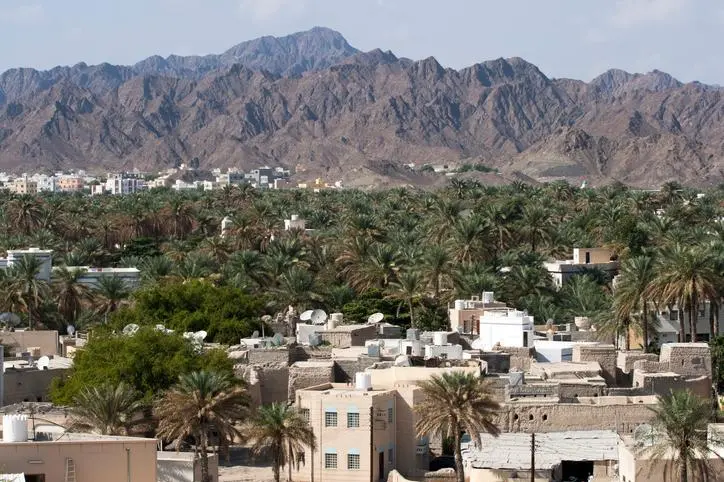PHOTO
The In-Country Value (ICV) system is perhaps the most important strategy in promoting sustainable growth and development in agriculture, fisheries and water.
The strategy aims to capitalise on the provincial business, workforce and other resources’ contributions towards economic diversification and national development. In several countries, particularly in resource based developing economies, ICV serves as a major policy for import substitution, job creation, and competitive enhancement of the domestic economy.
The core objective of this article is to analyse the role of ICV in agriculture, fisheries, and water sectors while examining the strategy, benefits, challenges, and best practice cases that illustrate the ways ICV could achieve development sustainability and economic resilience.
ICV is the net value that is retained within a country as a result of business activities in trade and commerce. In the case of agriculture and fishery activities, ICV strategy focuses on improving local production, establishing local supply chains, enhancing the local workforce, and ensuring that the available natural resources are harnessed sustainably.
These initiatives aim to enhance the contribution of these sectors to the national GDP while minimising dependence on the importation of goods, services, and expertise.
ICV IN AGRICULTURE
Agriculture is central to food security, employment, and economic diversification. Application of ICV concepts in the agricultural sector is likely to achieve significant positive outcomes as follows:
1. Increasing local productivity: Assisting local farmers and agribusinesses to enhance production levels by providing financial aid, technology, and market access.
2. Improving supply chain productivity: Building a strong local agricultural supply chain for fertilisers, seeds, and machinery to eliminate reliance on foreign products.
3. Promoting job creation: Sponsoring skilled labour training on contemporary farming, agribusiness management, and agricultural sciences.
4. Fostering research and development: Encouraging research agencies and colleges to create new farming methods, increase production, and reduce water requirements.
ICV IN FISHERIES
The fisheries sector is of great importance to the economy of many countries, especially those located on the coast. ICV in fisheries development aims to increase local participation in seafood processing as well as in the management of marine resources.
1. Increasing local capture fisheries: Helping local fishermen through access to financial aid, infrastructure, and modern fishing techniques.
2. Increasing local value added processing firms: Setting up seafood processing units in order to increase the value added in fisheries and lower the dependency on the export of raw fish products.
3. Increasing the degree of conservation of the fisheries resources: Establishing an overarching policy framework which controls fishing activity, curtails its excesses, and conserves marine resources for the future.
4. Encouraging employment creation in fisheries activities: Promoting investment in aquaculture and other ancillary activities such as seafood processing and distribution for the purpose of employment generation.
5. Extension of the market and export development: Assisting local fisheries entrepreneurs to penetrate the international market by obtaining quality certification, better logistic facilities, and by trade deals.
ICV IN WATER SECTOR
Water is key to supporting agriculture, fishing, and human consumption. Enhancing ICV in water attributes ensures proper utilisation, administration, and preservation of water resources.
1. International firms are expected to localise waterworks projects: Local enterprises should be involved in construction of waterworks infrastructure including, desalination plants, irrigation works, and waste water treatment plants.
2. International firms are expected to localise waterworks projects: The creation of smart irrigation and rain-water harvesting systems as well as water recycling plants should be the subject of local research and innovation activities.
3. Creation of a local skilled labour force: Train local engineers and hydrologists as well as technicians in the management, desalination and conservation in advanced water technologies.
4. Fostering efficient water consumption: Formulating strategies to minimise water wastage in agricultural activities and capture fisheries alongside supporting irrigation and water saving measures.
2022 © All right reserved for Oman Establishment for Press, Publication and Advertising (OEPPA) Provided by SyndiGate Media Inc. (Syndigate.info).





















